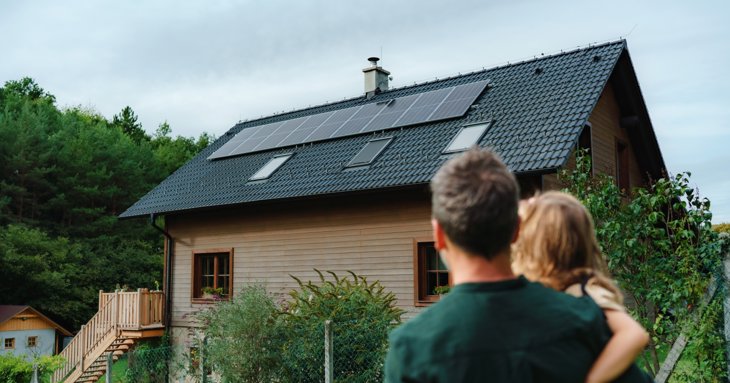After the initial financial outlay, solar panels are an extremely quick and easy way to start saving money and help make your home more environmentally friendly. They can be put up in a day, ready for immediate use, and even work on cloudy days when the sun is nowhere to be seen.
Costs start at around £5,000 for the installation of solar panels — also known as solar photovoltaic (solar PV) — with battery storage extra, so it pays to do your research and find a reputable company that can offer advice on financing them and help with government funding initiatives.
SoGlos, in partnership with Dursley-based renewables specialist, Immersa, reveals seven of the top reasons why you should consider investing in solar PV for your home.
Slash electricity bills
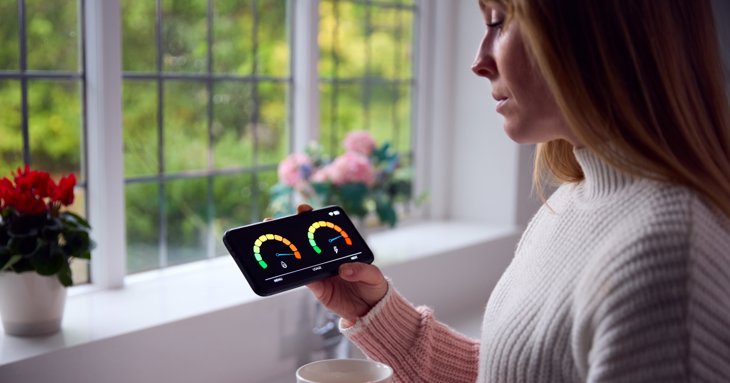
One of the most significant plus points to installing solar panels is the money saved on electricity bills and the fact that the energy your panels make is completely free for you to use.
The Energy Trust estimates that annual savings are at least £500 for the average UK household, with larger households saving even more, so while electricity costs are high, savings will be at a premium. Around 17,000 households installed solar panels every month this year so far — a record number — making it the most popular green energy upgrade.
Reduce your carbon footprint

Environmental concerns are one of the biggest reasons for switching to renewable energy. Solar PV captures the sun’s energy and converts it into electricity to use in the home, making most of the energy you use completely renewable. Solar power, as a green energy, plays an important role in helping to reduce greenhouse gas emissions and slow down climate change.
And for those aiming for a carbon neutral home, you only need to have your panels for three years to balance out any CO2 emissions produced in the manufacturing process. And you can combine solar PV with other renewable technologies such as heat pumps or solar hot water systems, working well together to power each other and feed into a thermal store.
Earn money for surplus energy
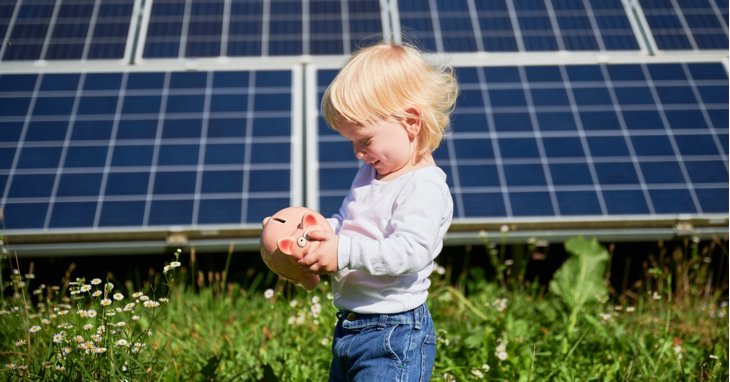
There's a government-backed scheme available to solar panel owners in the UK called the Smart Export Guarantee (SEG) where any surplus energy made by your panels can be transferred back to the National Grid — and you get paid for it.
Homeowners can sign up through their energy suppliers or shop around for the best tariffs — you don't have to use the same company that supplies your energy, but sometimes you'll get a better payback rate if you are a customer already. Annual payments for extra electricity generated can be up to £150 per household.
No planning permission required
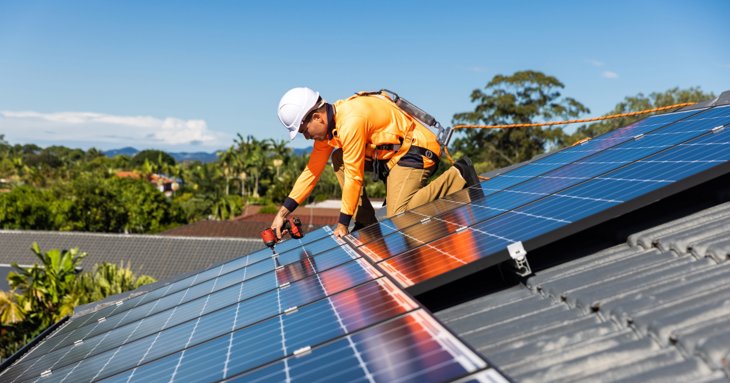
Solar PV panels mounted on a roof or wall of a private house are considered ‘permitted developments’ and generally don’t require planning permission. The same applies to air, ground or water source heat pumps and biomass boilers.
But do check with the local planning office if you live in a listed building, conservation area or national park, or intend to install panels on a flat roof, as restrictions may apply.
Adds value to your home
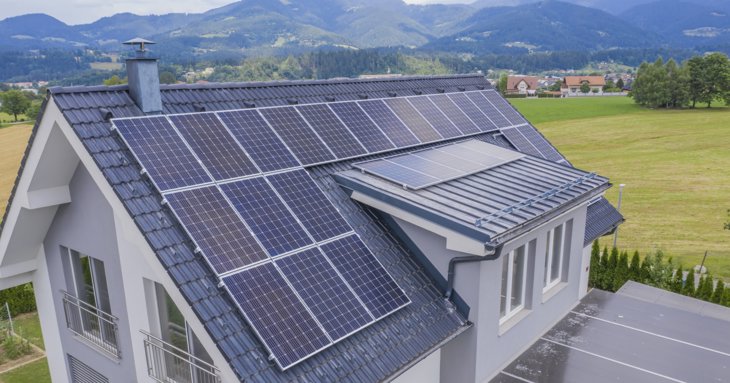
Environmental property experts have estimated that adding green energy upgrades to the home could increase the value of your property by up to two per cent of its value, with each type of product attracting its own value — in simple terms, the greener your house, the more value it adds, especially in today's sustainability-conscious market.
According to estate agents, almost a third of house hunters have said they would prefer a greener home (being both energy efficient and environmentally friendly) and would be willing to pay more for it.
Battery storage for extra money saving
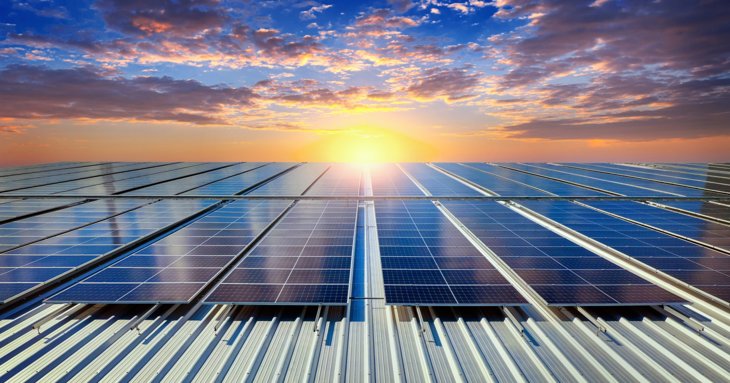
Many people will only use about 25 per cent of the energy their solar panels make, no matter how many times they put the dishwasher on, charge the car or how many days they work from home. With a battery storage system, the rest of the energy is stored to use later, when the sun goes down.
And when the sun isn't out, batteries can be charged from the grid and will retain that energy to use later. You can also charge the battery at cheaper times from the grid and use it to power the house during more expensive hours.
Dynamic tariffs to maximise further savings
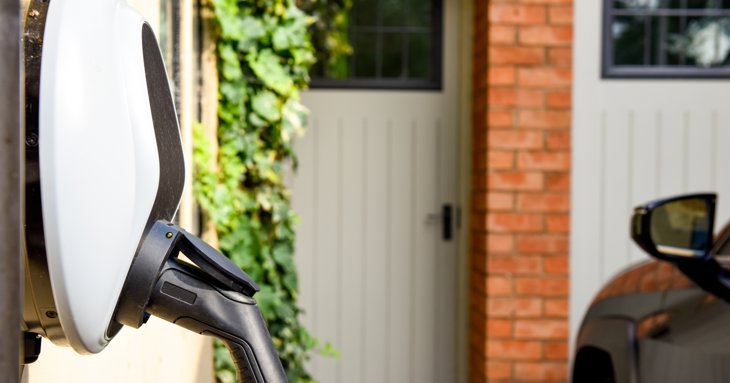
Dynamic energy tariffs, also known as time-of-use tariffs, are an innovative approach to electricity pricing that aligns with the changing demand and time of day. Rather than a fixed rate throughout the day, these tariffs offer different rates for peak and off-peak periods, encouraging consumers to adjust their energy usage accordingly.
These tariffs are particularly suited to solar panel users as they can take advantage of the lower rates and maximise savings by shifting their energy usage, such as charging batteries or running appliances, to off-peak periods.


